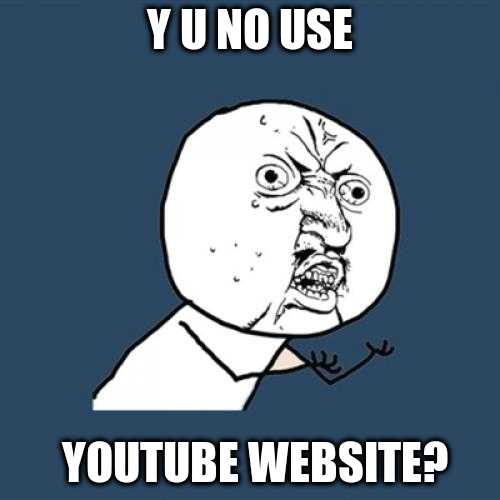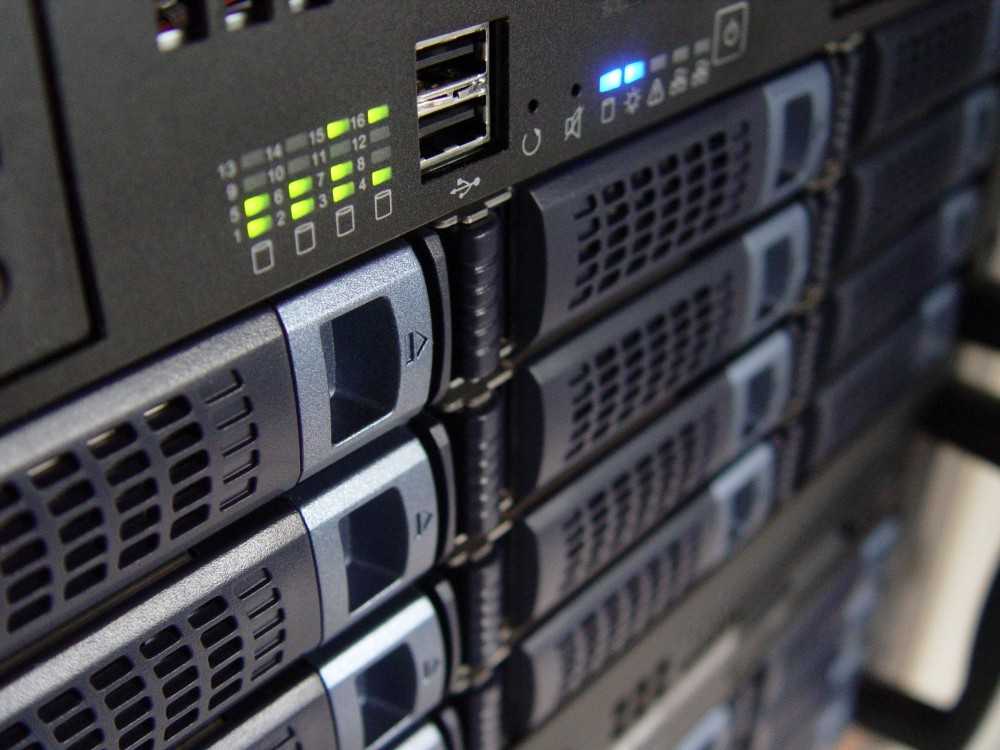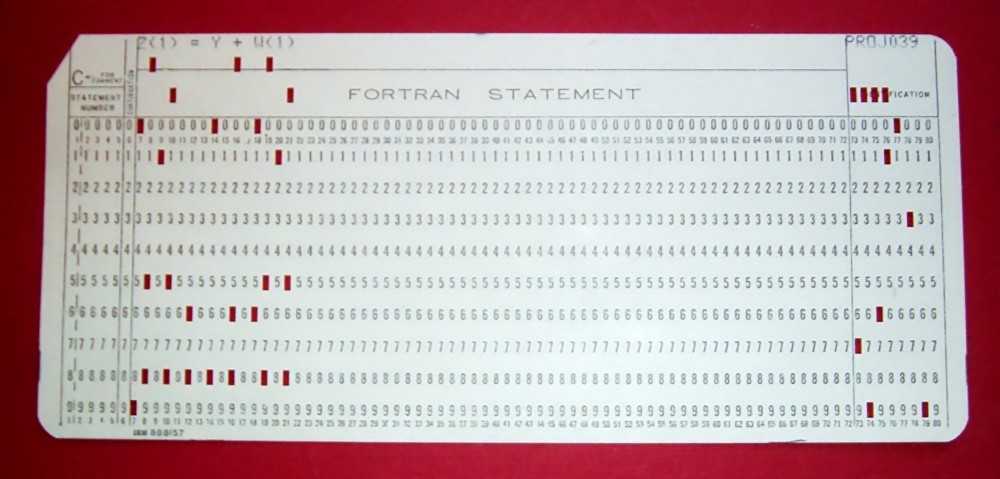Joseph Nuthalapati
I am a software engineer with experience working in both enterprise software and free and open source software. I like working on socially beneficial projects. Software freedom, privacy and digital self-determination are some of the values I care about.
Posts
30 Sep 2024
Problems with Free and Open Source Software
Why isn’t free software as good as you expect it to be?
27 Sep 2024
Using small AI tools on Debian GNU/Linux
Setting up custom Speech-to-Text and Text-to-Speech tools on Debian
18 Sep 2024
Free Software Ascetic Lifestyle
Going on a mini-retirement to do free software or whatever else I want to do.
6 Sep 2024
A Computer Programmer Talks About Magic
I have been exposed to a few medieval magic themes recently. This week, I started playing The Witcher 3: Wild Hunt and also finished watching Frieren: Beyond Journey’s End. Delicious in Dungeon is another such anime.
18 Sep 2020
Rolling my own Read It Later solution
After using Pocket (originally called Read It Later) and the self-hostable free software Wallabag, I started wondering if this problem of archiving web pages to read later can be solved without having to use a web application.
| Wallabag | |
|---|---|

|

|
Essentially, what I need is a way of saving the entire content of a web page for offline reading and maintain a list of such items. Also, I’d like the files to be available on multiple devices.
2 Aug 2020
Why?
I stopped using my Google account several years ago. This means that I can no longer subscribe to YouTube channels directly in YouTube.
I have been playing YouTube links that I find directly using the MPV player, which internally uses youtube-dl to fetch the video.

Not using the YouTube website directly has several advantages. YouTube’s revenue is based on the number of advertisements you see on the website. So, the more time you spend on YouTube the more money they earn. It is easy to get around the advertisements by using ad-blockers, but the site itself is optimized for binge-watching with features such as auto-play being turned on by default. If your objective is to just watch one useful video and leave, YouTube’s website doesn’t make it easy.
3 Nov 2019

I attended the EmacsConf 2019 on 2nd November. It was offered as a video stream that anyone can watch over the internet, with audience conversations over IRC. The conference was powered entirely by free software tools. RMS and some FSF members were also among the audience.
More details about any of the talks mentioned here can be found in the notes.
Updates
There was an Emacs community update and an Emacs development update. Both were very interesting. The community is sure taking notice of Spacemacs. Maybe Doom Emacs is not that popular yet. I am excited about the new built-in features of Emacs 27 - tab bar and ligatures. I was surprised that Emacs being one of the most popular free software projects still suffers from a lack of core developers. Maybe there are a lot of people willing to write Elisp but not many interested in contributing to the C core.
8 Oct 2019
Surveillance Capitalism and the Climate Crisis
When the climate crisis is the biggest problem of our time, you might wonder if something like surveillance capitalism is worth bothering about. What if I told you that they are related?
Surveillance Capitalism created an attention economy where your attention is sold to the highest bidder. The most important problems of our time are masked behind the endless personalized advertising, media addiction and attention grabbing techniques of surveillance capitalism.
20 Aug 2019
Disclaimer: Every pun is intended, unapologetically.
One fine Spring morning, a Java programmer was outdoors sawing a log in half with his good old t’rusty’ hacksaw.
A Scala programmer passing by feels sorry for the Java programmer working so hard and gives him a chainsaw. Before leaving, he explains all the benefits of this new kind of saw while reassuring that it’s not very different from the hacksaw that he’s used to.
15 Aug 2019
The Surveillance Capitalist's Playbook
Disclaimer: This is purely fictional, no real persons or incidents were used in making this playbook, etc.
Imagine running a corporation that’s funded by venture capital or is being publicly traded. You have an obligation to your investors/shareholders to show some growth quarter to quarter. Your only revenue source is advertising. If your site has too many ads, you drive away users. So, you start making your apps addictive so that users are exposed to more ads. You also start disguising ads as content. Still, there’s only so many ads you can show, since your users’ time is limited.
15 Aug 2019
tl;dr It’s not your biodata that surveillance capitalism is interested in. It’s your behavioral data.
Introduction
We hear people saying that they have nothing to hide. Though this argument is obviously misguided in many ways, the most basic thing it gets wrong is the assumption that companies that make money off your data are doing it with your biodata.
Biographical data, also known as biodata is data about you - like your date of birth, details of family members, your home address, your educational qualifications, job history etc. Governments have stored most of this data in one form or the other for decades. A lot of people might even be convinced to not consider this to be private information at all.
15 Jul 2019
A number of things we take for granted are actually privileges.
The following are a few things I’ve recently identified as privileges through personal experience:
- mental health
- being born without birth defects
- being cis gender
- being accepted by society
- place of birth
- color of skin
- supportive parents
- clean water
- affordable healthy food
- electricity
- internet access
- technical knowledge
- free time for hobbies
- disposable income
The following are more relevant in the Indian context:
15 Jul 2018
Demystifying the term Serverless

When people think of servers, they imagine a big machine or a large stack of them making humming noises and furiously serving millions of requests.
A server can also mean a computer program that is continuously running, listening for client requests and serving them. Think Apache, Nginx or Tomcat.

When someone says that they have gone serverless, what they actually mean is that they are no longer running a software program listening to requests. There should still be a physical computer of some sort serving the requests of the clients.
15 Sep 2017
Block ads on Android using proxy server
Ad blocking on Android is a huge mess. On the Firefox browser for mobile, we have ad-blocking add-ons but for ads in the apps, there’s nearly no good option other than to use ad-blocking proxies. Installing a proxy on the phone itself might drain battery as it has to be running continuously. This article explains how to use an ad-blocking proxy server on your LAN instead of installing one on your phone.
15 Sep 2017

In the beginning there was FORTRAN.
Programming was done line by line with each line printed on a punch card.
There were no conditionals, only GOTOs that pointed to line numbers.
This is where statements in programming came from.
Then there was structured programming (like in C).
Structured programming introduced blocks and kept the statements and GOTOs.
GOTOs were slowly thrown out as they were too troublesome.
Functions and Structs came to be defined in terms of blocks.
Modularity increased with blocks.
15 May 2017
Replacing cloud-based To-Do apps with Orgzly and Syncthing
In the past few years I tried out multiple To-Do list apps like Todoist, Pomotodo, Trello (which was a bit of an overkill for this purpose) etc., and finally settled on Google Keep for personal tasks and Emacs Org-mode for work-related To-Do lists since I do all my work on my work laptop and wouldn’t need mobile synchronization for it.
Recently, I was looking for a non-cloud alternatives for most of my cloud-based apps, basically to reduce my dependence on the entire Google suite of apps. I installed F-Droid and tried a few Free and Open-source (FOSS) apps. One app called Omni Notes looked exactly like Google Keep and I was using it for a while, till I discovered Orgzly.
15 Mar 2017
You don’t have to be a geek to setup FreedomBox!
What is this FreedomBox thingy?
Watch this 4-minute video to learn what it is.
Well, the important concept to grasp here is that, servers that enable communication for a lot of people can be big and expensive, but to serve the needs of one family, all you need is a simple Single Board Computer like Raspberry Pi or OLinuXino-Lime2
Note: If you want to use FreedomBox with OLinuXino-Lime2, the best option is to buy the Pioneer Edition FreedomBox which comes pre-installed with the software.